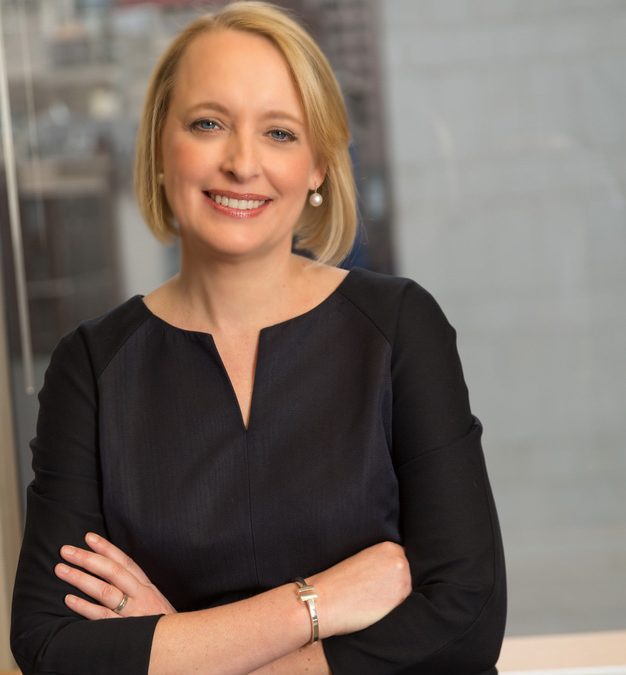Assuming a new leadership role is challenging and many of the challenges have the potential to derail you, especially in your first year. During those initial months all eyes are on your performance and you need to manage the high expectations of your colleagues, direct reports, your clients and your board. How do you focus on your vision and also prove yourself to other stakeholders? What does it take to be successful in your first year?

I recently sat down with Julie Sweet, CEO of Accenture North America, to understand how she managed her first year as CEO. Julie is responsible for all day to day operations for North America, which is the company’s largest market, and manages 47,566 employees. Her recipe for success can help anyone assuming a new leadership role.
Bonnie Marcus: What does any new CEO need to know? Are there differences for a woman?
Julie Sweet: There are three things that I have found were really critical in my first year. Listening, prioritizing, and communicating. I don’t think they’re different for women. It’s really about that first year as a CEO. When I took this role I felt like any new CEO. I had a good sense of both the role and the vision and how I was going to move us forward as a business. But I took the time in my first 6 months to really spend time on the ground with our people and with our clients. Out of that came first of all, better insight; insight that comes from really listening to the people on the ground and listening to our clients directly. But it also is incredibly important for credibility, as you do strive to make changes. Because even if not everyone’s going to agree with the direction you want to go or the changes you want to make, when people feel respected and feel like they have a leader who is making the decisions on an informed basis it enables you to take your business to the next level with the support of the people. I think is really important in your first year.
The second thing is prioritizing. When you come into a role there seems to be just a ton of different places you can make an impact. But it’s critical in that first year to be seen to be a leader that can actually accomplish things and has a sense of priorities. And so when I came in I prioritized spending time with people and clients. I made clear that we had 6 tactical priorities; 6 specific things that I communicated over and over again as, “We must get right.” And then my 3rd priority was to do a strategic review of the business. But I was clear. We were going to get the things right that we needed to get right and do the strategic review in a very thoughtful way. And my leadership team and our people understood I was going to focus on those 3 things from the beginning.
And then finally communication. When you come in as a new leader it’s really important that people do get to know you and that you are constantly communicating. That’s really hard in a big organization. We have 50,000 people in North America. And so one of the things I did before I started was to take a step back and say, “How am I going to do something different so that I really can be seen to be touching the 50,000 people and also that they listen differently; that I’m communicating in a way that they will hear?” Because like every big company, there are a million different things we’re communicating about at any given time. And so what I decided to do when I came in was to, as I affectionately call it, “Ban the Memo.”
My first introduction was by video. And almost all of my communications other than literally putting a “save the date” in, I do by video. That was really different. No video had been used in this manner. But what’s more important when you’re issuing a new policy than to do a video explaining why? You can do a link to the actual policy so they can read the words. But what they really need to understand is what are you changing and why? And so, and I have had incredible feedback from all levels. And people I think really trust me. They relate differently. And I really believe that’s because video allows you to be authentic. You can get on a video and they can see something about yourself. You can be more informal. It’s much more personal. That was probably one of the most impactful decisions that I made when I came into this role. And it was very deliberate.

Recent Comments